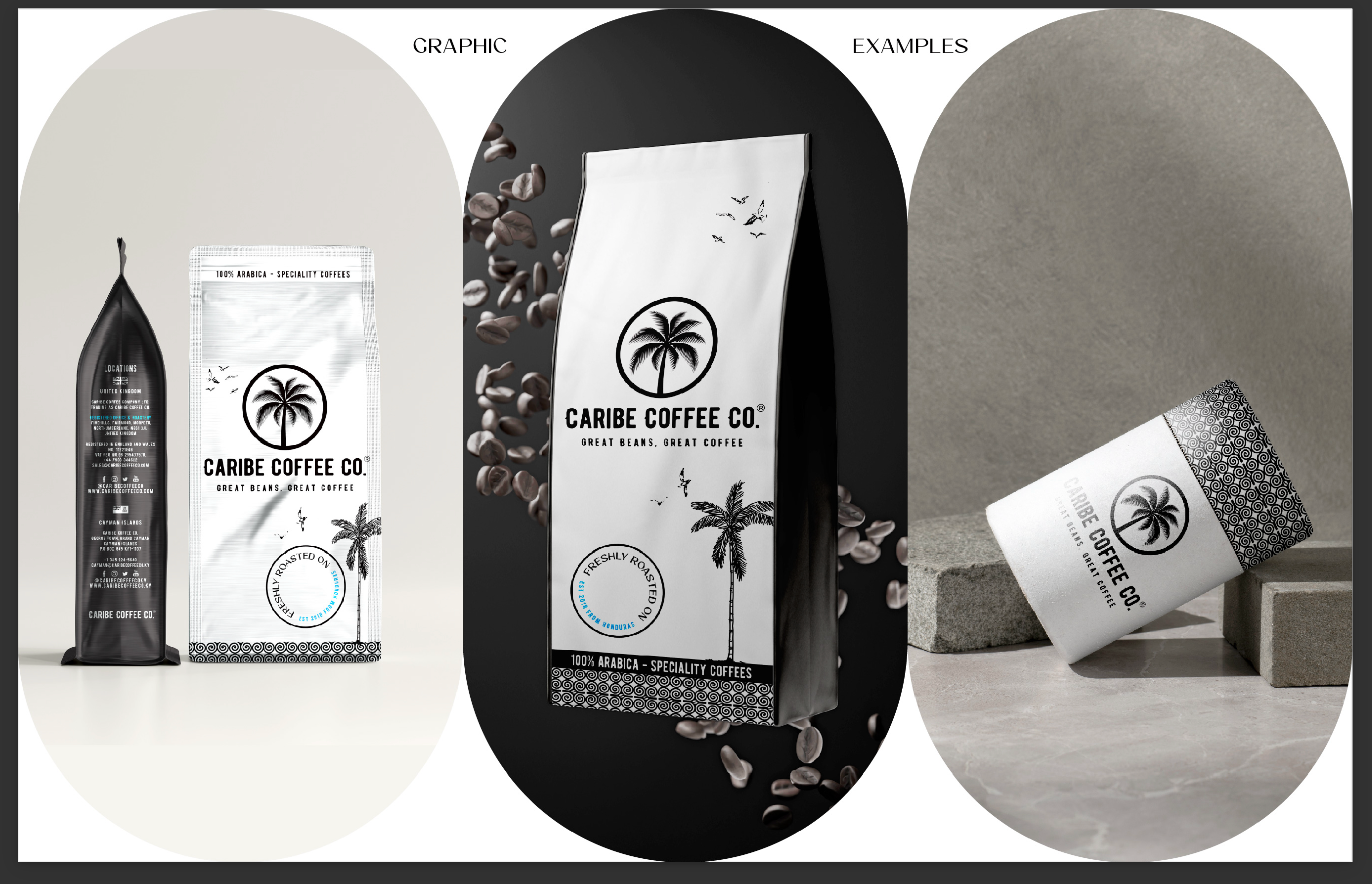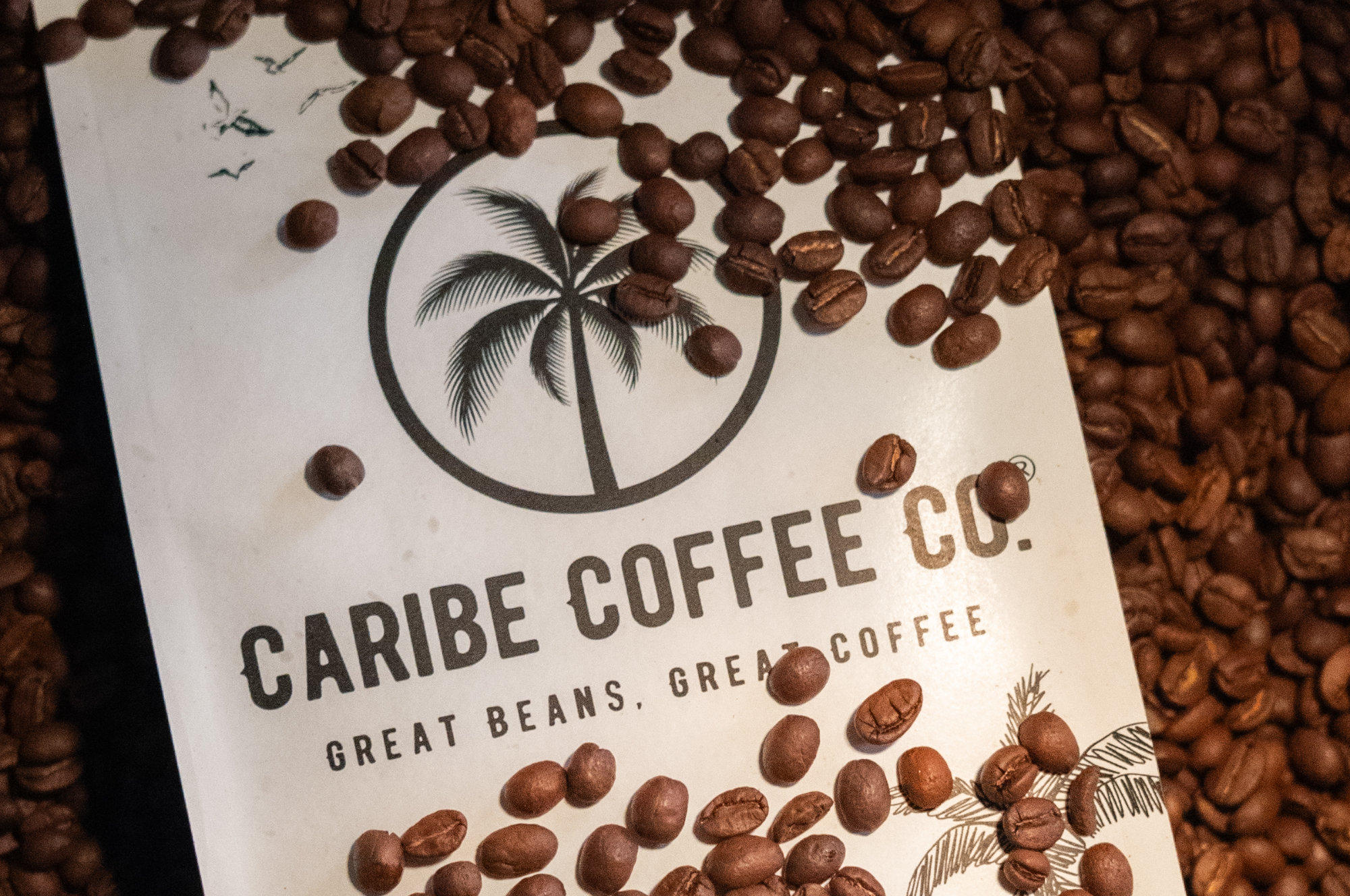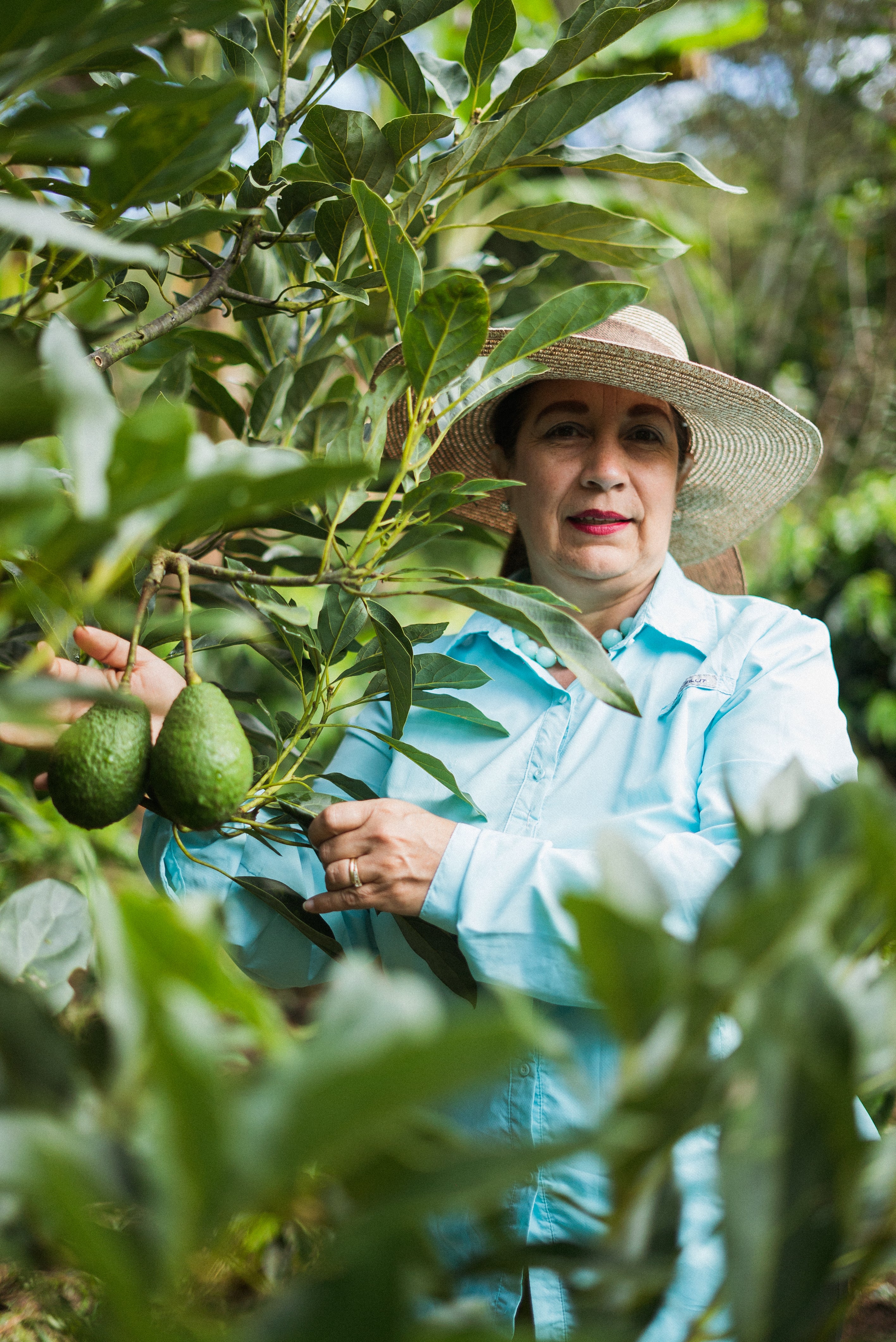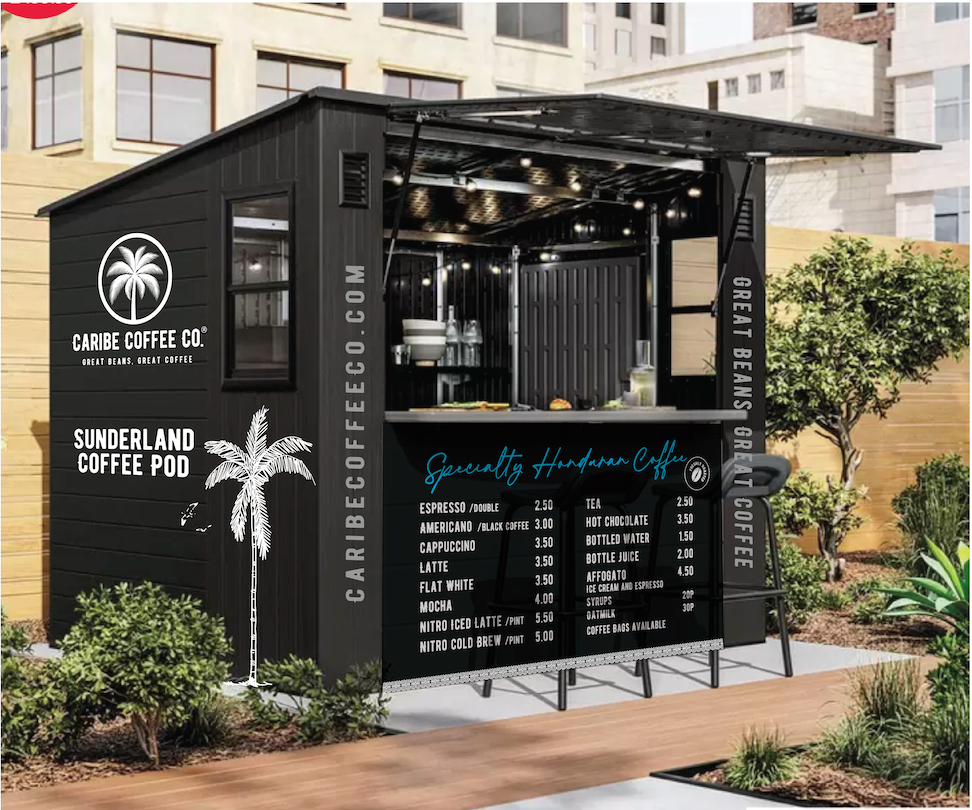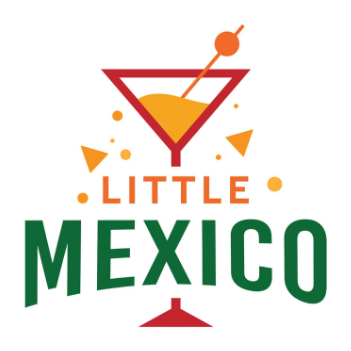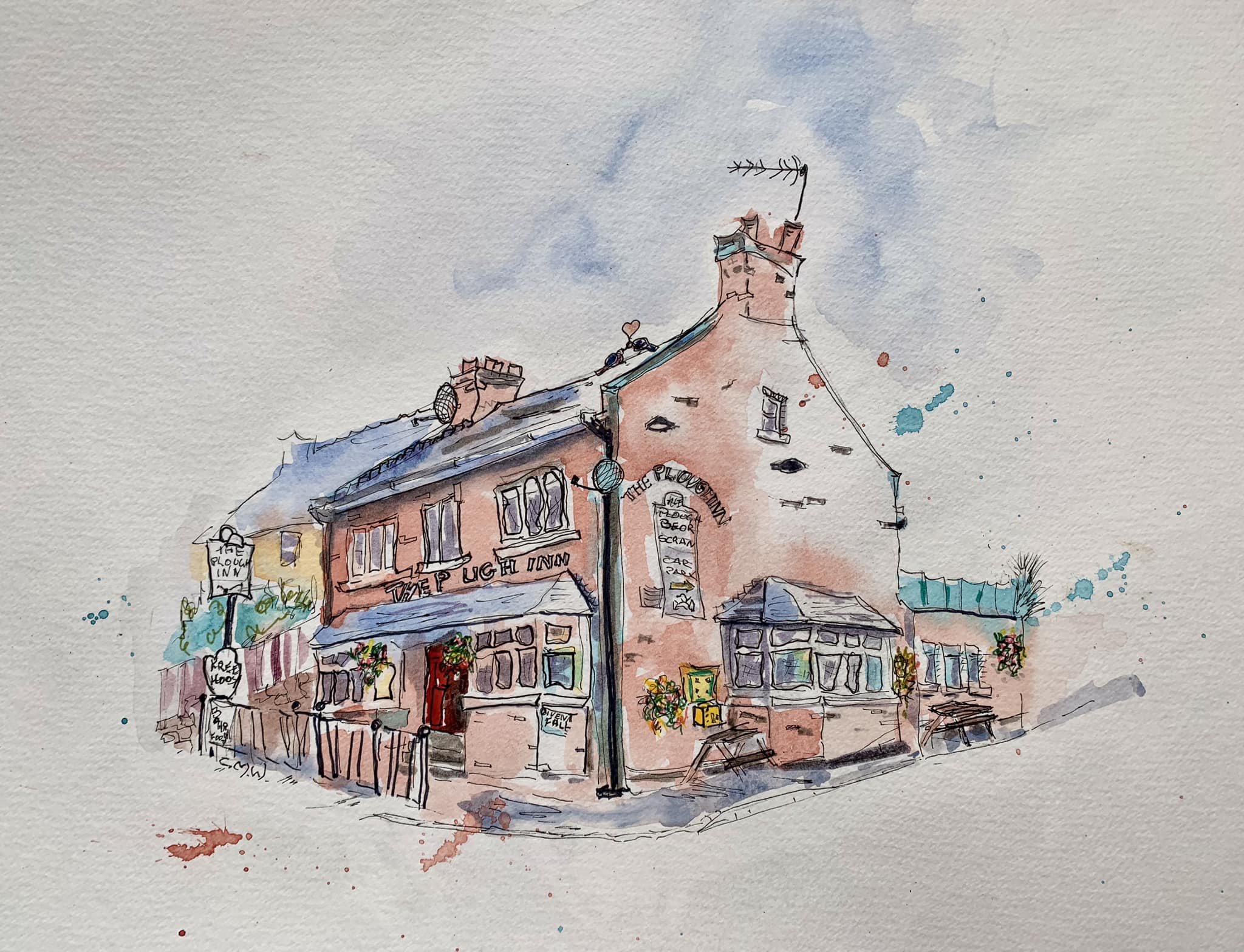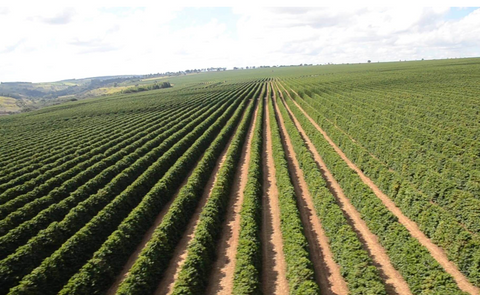
These 2 farms are worlds apart. To the left we see a Brazilian farm using monocropping to improve efficiencies. Not only is it one crop but the plants are selected to be the same size and shape etc. to allow the use of machinery. Selecting for identical plants reduces the gene pool making plants more vulnerable which leads to the increased need for pesticides and fertilizers. This technique increased output greatly leading to increased income for the farms.
Sadly human success is nature's defeat. The land is losing its fertility, the pesticides are killing pollinators and contaminating the water. The limited genetic variability is leading to increased vulnerability to disease.
Not able to compete with the monocroppers initially seemed like a negative for small hold farms of developing countries like Honduras. But it has now become a positive! Too poor to afford machinery or chemicals and needing to remain diverse to support their families; small Honduran farms have continued to use intercropping, a technique that mixes different flora and fauna. The picture below is a specialty coffee farmer. The farm grows Cafe Arabica alongside corn, mangos and plantain. Turns out, this technique is so much better for the environment, not only maintaining biodiversity, soil health, genetic resilience and reduced need for chemicals but also maintaining the ancient forests which have being shown to be much more effective in air Carbon reduction.
Supporting these farms and making a success of their businesses is a way to help nature succeed.



